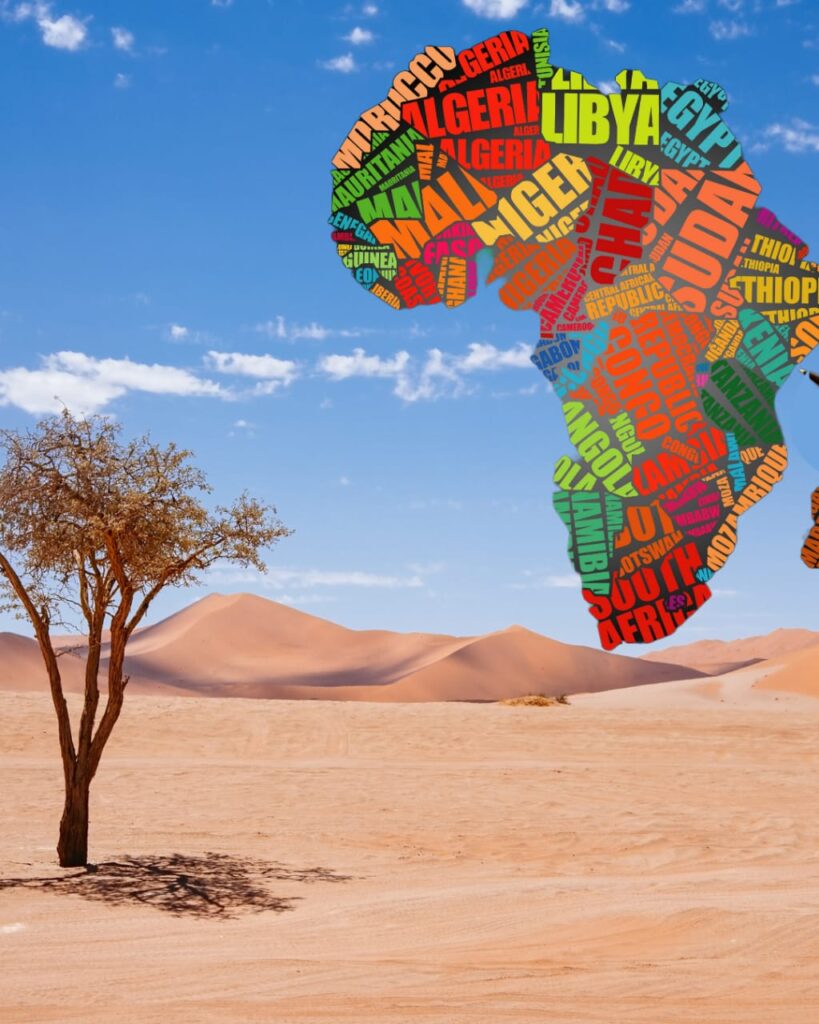
Climate Change in Africa: A Looming Threat to Development

Africa is one of the most vulnerable continents to the impact of climate change, despite contributing minimally to the problem. The effects of climate change are already being felt across the continent, manifesting in the form of droughts, floods, desertification, and unpredictable rainfall patterns. These impacts have not only threatened food security but also increased poverty levels and weakened the economies of many African countries. This blog post highlights the consequences of climate change in Africa and recommends ways to mitigate the problem.
Firstly, the impact of climate change on agriculture is a major concern for Africa. Agriculture remains the backbone of most African economies and is crucial for ensuring food security for millions of people. However, rising temperatures, droughts, and erratic rainfall patterns are making it difficult for farmers to produce enough food. In addition, pests and diseases that thrive in warmer temperatures are attacking crops, leading to significant crop losses. As a result, food prices are increasing, and the continent is becoming increasingly reliant on food imports.
Secondly, climate change is exacerbating water scarcity in many African countries. With rainfall becoming more unpredictable, many African communities are facing severe water shortages. In addition, the melting of glaciers on Mount Kilimanjaro and other mountains is reducing the flow of water into rivers and streams, further aggravating water scarcity. This has resulted in increased competition for water resources, often leading to conflicts between communities.
Thirdly, climate change is causing more frequent and intense natural disasters, such as floods and droughts, which are affecting the livelihoods of many Africans. Floods, for example, destroy homes, infrastructure, and crops, resulting in loss of life and property. Droughts, on the other hand, lead to crop failure and livestock deaths, as well as increased vulnerability to malnutrition and disease. These disasters also exacerbate poverty levels, particularly in rural areas where communities rely heavily on agriculture.
Fourthly, climate change is affecting the health of many Africans. Rising temperatures and changing rainfall patterns are contributing to the spread of diseases such as malaria, dengue fever, and cholera. In addition, air pollution from burning fossil fuels and deforestation is causing respiratory diseases such as asthma. These health impacts are not only a burden on individuals and families but also on already strained health systems.
Fifthly, climate change is affecting Africa’s biodiversity, with many species under threat of extinction. This is due to the loss of habitats caused by deforestation, desertification, and land degradation. In addition, rising temperatures and changing rainfall patterns are affecting the distribution and behavior of many species, making them more vulnerable to extinction. The loss of biodiversity has significant consequences for the continent, as many communities rely on ecosystems services for their livelihoods.
Lastly, Africa’s economic development is under threat from climate change. The impact of climate change on agriculture, water, health, and natural disasters are all affecting economic growth and development. For instance, the cost of addressing climate-related disasters is diverting resources from development programs, while increased food prices are reducing the disposable income of many Africans. Furthermore, climate change is affecting tourism, which is a significant contributor to the economies of many African countries.
In conclusion, climate change is a looming threat to Africa’s development. Its impact on agriculture, water, health, natural disasters, biodiversity, and economic development is already being felt across the continent. African governments must take urgent action to address the problem by reducing greenhouse gas emissions, adapting to the impacts of climate change, and investing in clean energy and sustainable development. Failure to act could result in significant economic and social consequences for the continent.

